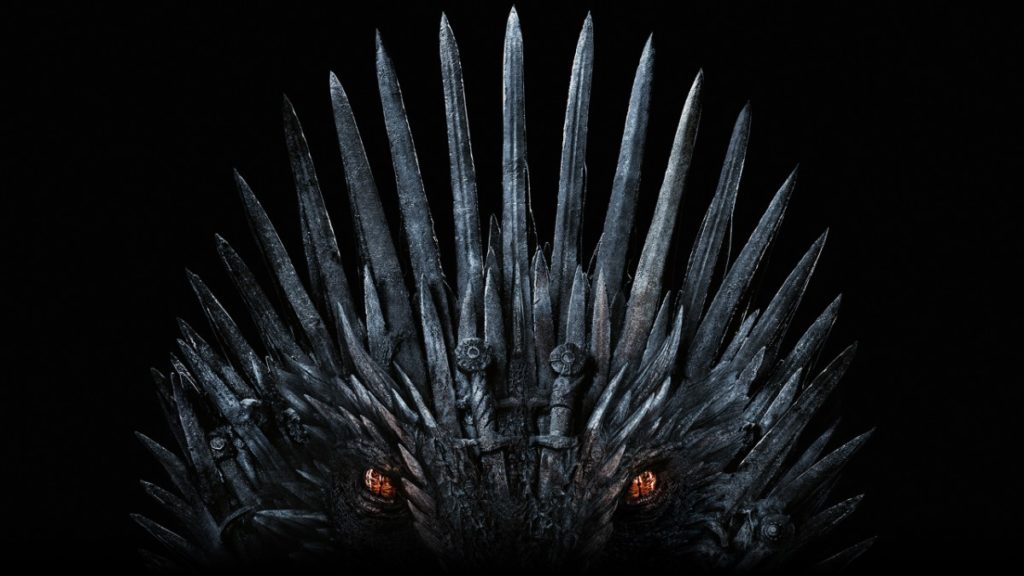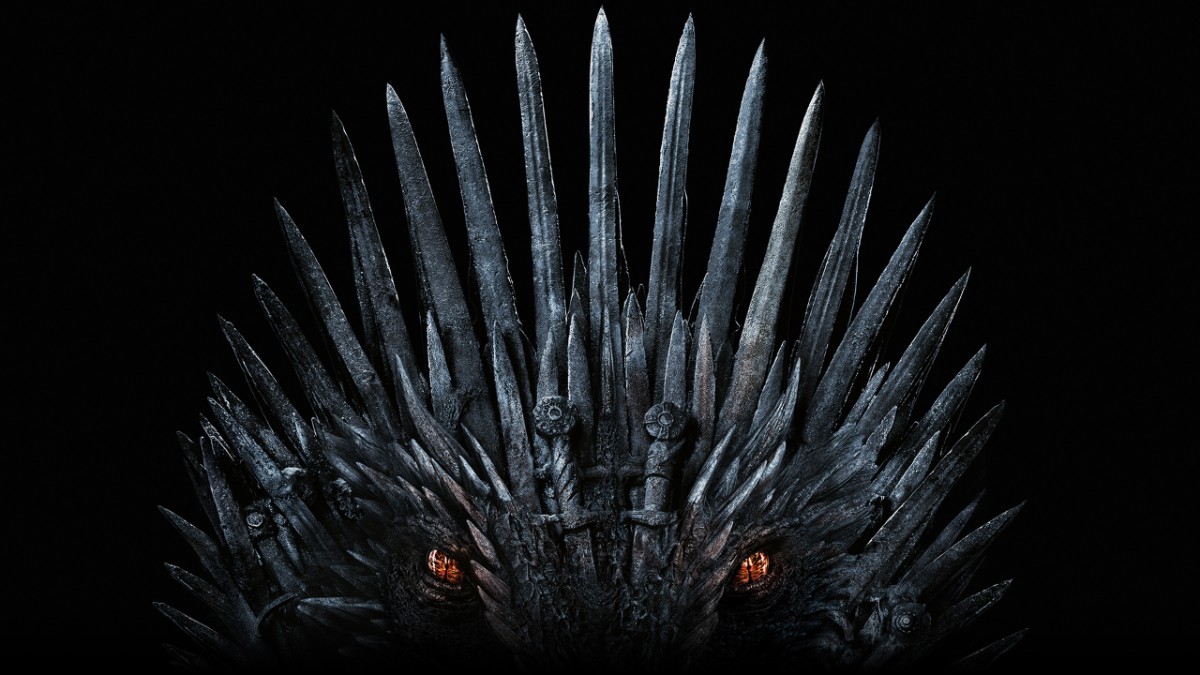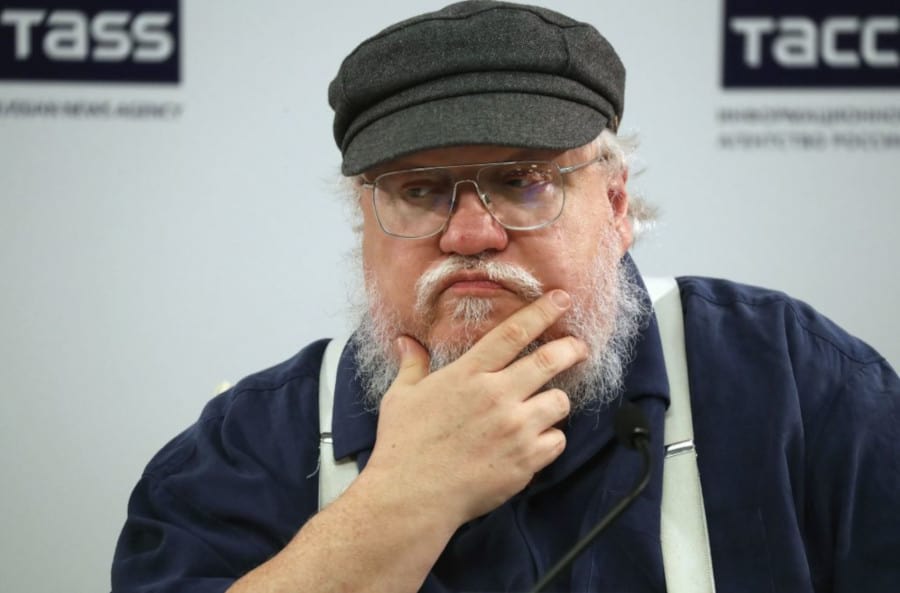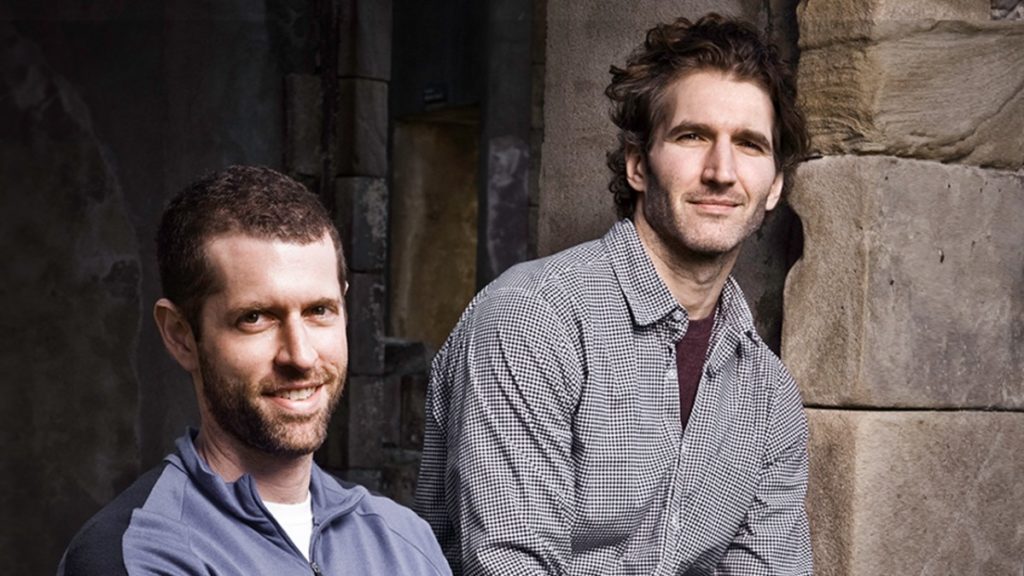
Fantasy, in a sense, has always been about the struggle of the human moral compass. Even in a world full of dragons, shadow babies, and crazy priestesses, Game of Thrones always managed to portray the human heart in its rawest form. In the greater picture, Game of Thrones was never about the epic battle scenes or the mind-blowing special effects (although they were pretty epic and mind-blowing).
Human nature, and the extent to which we’d go to get what we desire.
This has always been the central theme of the show, often displayed through its multitude of complex characters.
Cersei Lannister, although the manipulative, arrogant woman we knew her to be, was always grounded to her maternal instinct to protect her children. Catelyn Stark, who was often portrayed as the fiercely protective mother of The Stark children, had her moments of bitterness when it came to Jon, and her struggle to choose between family and duty. All the characters stood in a moral grey area, making them as human as they could be. We could never decide whether a character was good or bad, and we were often left to wonder what these terms really meant. This was what captivated millions of fans in the first place; the show’s ability to weave characters and stories that felt so real to us.
By the seventh season, however, the show slowly fell out of the writers’ hands. Television had never seen a world as detailed as Westeros, and within two seasons, this rich world had to be spun back together into a neat and tidy end. With this, things were hurried and we were no longer allowed to thoroughly explore the seven kingdoms as we earlier could.
Several important plotlines were rushed, and the major story arcs that were rooted in these plotlines felt of little importance to the show. Since the very first episode of the series, we were always reminded of the dark forces that lurked beyond the 700-foot wall. The Night King had immense potential. He, along with his army, for seven seasons brought about an overarching sense of fear and doom over the silly battles amongst men in the realm.
Eight thousand years before Robert’s Rebellion, Westeros witnessed the longest night it had ever seen, and with the icy winds of winter, came the White Walkers.
Throughout the show, we were given glimpses into the White Walkers; their origin, the building of their army, and their journey to the wall. However, in just three episodes, the writers summarized what should’ve been the longest night the realm would ever see. The writers built these extremely well-written, and powerful villains for the show, yet their defeats were never satisfying. There was a complete lack of pay-off for years of solid establishment. The Night King wasn’t given the fight the audience expected to see, other than the simple dance of dragons. His powers were never explored, his motives never explained, and the show simply wrapped up what could’ve been one of TV’s most complex villains. Similarly, Cersei and Euron’s entire army was given so much importance in the final few episodes, only to be wiped out in just 20 minutes.
The final season never made us question the nature of human conflict. At the back of our minds we always knew who the good and bad guys were, the very kind of storytelling Thrones broke away from since its very first episode.
The lack of pay-off and uninteresting characterisations though weren’t the season’s biggest flaw. It’s the entire one-dimensional feeling to the show that created storylines its audience was no longer invested in. This change in the way of storytelling left us out of touch with its characters. The story was no longer character-driven but became increasingly, plot-driven. Most things happened just to further the plot, and because of this, most choices made by the characters felt almost out of character. Earlier, there were always moments of believable disbelief that set a constant sense of adventure in the story. But now, the actions and consequences of our heroes and heroines became inconsequential and insignificant when it came to the grand plot that was set out for them.
The show was always known to notoriously kill its characters when they made a wrong move. Everyone had a reason for what they’d do, and the choices they made to get what they wanted actively affected them. But this season had none of that. Plot served as a strong and sturdy armour for all the major characters. The writers knew the plot points that they’d have to check off to reach the finale, but completely forgot about the complicated journeys they’d have to take the viewers through in order to make them believe these advances in the story. This is why major twists like Dany’s madness and the Night King’s death did not have the same effect as say, The Red Wedding or Ned Stark’s execution.
Now, why did the writing fall apart in the last two seasons?
Game of Thrones has been one of the most popular TV shows based on literary works, but perhaps, in an ironic tone, it is significant to highlight that A Song of Ice and Fire, the fantasy series of books on which the aforementioned is based, is an incomplete narrative.
The fact that Martin’s storyline remains unfinished had left the door wide open for the network and the scriptwriters to drive the narrative according to their whims and fancies. The purists and the devout followers of the franchise, therefore, have sensed an irrevocable dip in the quality of the plot.
Lately, Martin, in a multitude of interviews, has openly expressed his dislike of the way the final season fared out. It may be incredulous to the average eye, but those who are well-versed with the entertainment industry, know that this was something anticipated from the current writers.
It is only natural of TV writers like D.B Weiss and David Benioff to stick to a particular, stock set of narrative hooks to influence the way they write the plot, unlike Martin.
Martin has also explicitly stated that the network repeatedly interfered with the making of the seasons, and even went on to imply that certain characters were given more “things” to do in the plot because they had a higher “rating” in terms of their on-screen likableness, which led to a lot of extraneity in the plot.
Given Martin’s reputation of conveniently expanding the plot by being heavily descriptive through various character viewpoints, wrapping up the fantasy show in six, unsatisfactory episodes has naturally left the fans in an uproar.
A Letter to the Creators of the Show:
Lately, the showrunners, D.B. Weiss and David Benioff, have come under a lot of fire for the latest season of the show. We are all well aware of how ruthless the internet can be especially when it comes to a fictional series that is religiously worshipped on platforms like Reddit. Dealing with such hate must be exhausting.
However the show might have ended, we are in a way indebted to the creators of the show for bringing something so new to our TV screens. Here is a token of our gratitude:
Dear Dan & Dave,
Game of Thrones has been close to our hearts ever since it first aired in 2011. It was refreshing and well—quite horrifying—to see a show behead its main character in the first season itself. As an early bird to this beautiful, pioneering world, I found it to be my duty to recommend your show to everyone I knew. Sadistically, I dwelled on everyone’s reaction to Ned Stark’s death, and I suppose a lot of others did as well. Perhaps, this inner lack of conscience in us fans is what made your show such a pop-cultural phenomenon.
These plot-twists however, were only a small fraction of why Game of Thrones stood out. The way you visualized this vast universe that Martin had created, and the sheer effort that went into producing each episode was nothing but brilliant. And it showed. The two of you are responsible for bringing this incredible story to millions of non-readers, causing a major shift on the kind of content we have come to expect. Some of the most remarkable scenes ever to have aired on TV belong to your show,
Over the course of the last few years, we have fallen in love with the characters that you adapted from the books. Our jaws dropped when ‘Rains of Castamere’ played at the Red Wedding. We bawled our eyes out when Tyrion had finally had enough at his trial. We cheered and cried, ‘King in the North’ with the Northerners after Jon’s true heritage was revealed. You created all these moments and for that, we will always be grateful to the two of you.
Now, truthfully, season seven and eight did not live up to our expectations which is why this article exists in the first place. The backlash you have gotten after the last few episodes is completely expected, and that is not because they were bad. Both season seven and eight have been spectacular when it comes to production value, but everything we had come to expect from the last six seasons, you took for granted. Till the very last episode of season six, Game of Thrones was one of the most devastating pieces of drama in the history of storytelling. Today, if it could be quantified, the sense of loss in the Marvel Cinematic Universe is greater than the last two seasons of Game of Thrones; and that is definitely saying something.
The iMDb ratings of the show have dropped the highest between the last two seasons, only second to the drop on House of Cards after Kevin Spacey was found to be a predator. Neither of the last two seasons is bad but they are far from how great the show used to be. All this hate you have gotten so far is just an indicator of how much people loved something that the two of you brought to their screens.
This show, however it might have ended, will go down in history as one of the most spectacular things to have ever aired on TV. It’s your life’s work and we hope it makes the two of you very proud. All the hate you are about to face is directly proportional to how much we loved the show—your show. We hope that soon enough, we will get to see you again, getting your hands dirty on another piece of film. And we hope that this time around it ends well.
~Written by Rishi Kant, Sushanth Reddy, and Chintan Gandhi for MTTN
Image Sources: Wiki of Thrones, HBO



Leave a Reply
You must be logged in to post a comment.